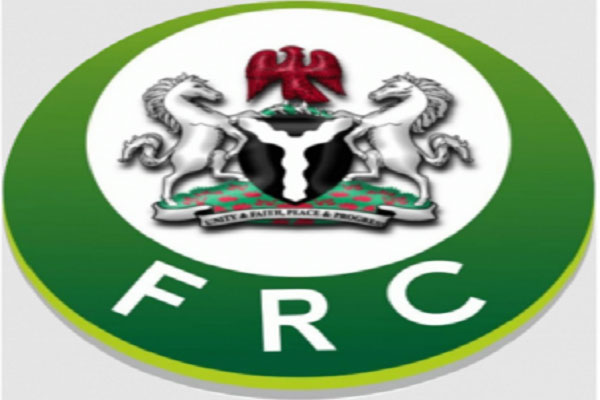Pursuant to Sections 50 (a) and 51 (a)(c) of the Financial Reporting Council of Nigeria (FRC) Act, 2011, FRC has developed a Corporate Governance Code applicable to the Not-for-Profit Sector of the Nigerian economy.
The document, to be called Nigeria Not-for-Profit Governance Code (NNFPGC), is now in the Exposure Draft (ED) phase of the FRC Statutory Regulatory document development stage.
The Council now seeks to engage stakeholders in the Not-for-Profit Sector as a further mandatory step to issuance of the Code.
“We hereby request all interested person(s), group(s), association(s) and organization(s) to provide documented comments and feedback on the Code to FRC, on or before Monday, February 5, 2024,” the council stated in a notice to the general public.
This Code, to be referred to as the Not-For-Profit Governance Code 2023, is the outcome of deliberations of the Technical Working Group (“TWG”) for the development of the Nigerian Not-For-Profit Governance Code (“NFPGC” or the “Code”) constituted by the Minister of Industry, Trade and Investment on Thursday, February 9, 2023, which may be adopted and complied with by Not-For-Profit Organisations (“NFPOs” or “Organisations”) in Nigeria.
The Not-For-Profit sector in Nigeria has been actively engaged in charitable causes and philanthropy through corporate social responsibility programs.
Through the years, FRCN said, charity has progressed from individual charitable acts of helping the poor to more organized philanthropic and charitable activities.
NFPOs are increasingly used by individuals and notable personalities and families, religious leaders, and philanthropists who primarily use foundations and other non-profit forms to contribute their resources to addressing social problems.
“These problems include alleviating poverty, provision of free education and healthcare, as well as philanthropic activities among others. These organisations are significant tools for enhancing the growth and development of the economy through leveraging financial and human resources and fostering leadership values in the citizenry.
“Urged on by humanitarian concerns over either glaring poverty and neglect, or economic mismanagement by the leaders of some countries, certain donors (through individual and philanthropic activities, multilateral grants and aid) have made significant donations directly to relevant organisations in the hope that it would engender greater mission fulfilment, donor value, beneficiary satisfaction and trust.
“A Code of Corporate Governance will elevate public trust and confidence in the not-for-profit sector, particularly among citizens, beneficiaries of these organisations, donors, volunteers and other key stakeholders, particularly among donors, volunteers, and other key stakeholders, “ the council stated.
Its further observed that within the context of the global fight against Money Laundering (ML) and Terrorism Financing (TF), robust internal governance practices serve as measures for mitigating risks associated with ML/TF.
A Code of Governance can help Organisations put in place transparent and accountable frameworks and structures that would assist with the identification and management of potential risks, reducing the likelihood of legal or reputational harm.
The Code will also assist Boards and Management of Organisations to better understand their roles and responsibilities, and to develop effective governance practices that support their mission and goals.
In addition, the Code will help to improve the performance of Organisations by promoting efficient and effective management practices that will lead to improved outcomes for the communities that these Organisations serve and also help to increase the overall impact of the Not-For-Profit sector.
According to FRCN, the Code will help to ensure that Organisations are well-positioned to respond to changing conditions and emerging issues given the importance in today’s rapidly evolving social and economic landscape, where Organisations must be adaptable and responsive in order to meet the evolving needs of their stakeholders and the public.
“It is in line with the foregoing that the Financial Reporting Council of Nigeria (“FRC”) has continuously recognized the need for a Code of Governance that will guide the Not-For- Profit sector. in accordance with the FRC’s mandate of developing, publishing, monitoring and enforcing accounting, auditing, financial reporting, and corporate governance standards to be observed by organisations and Public Interest Entities in Nigeria, “it stressed.
WATCH TOP VIDEOS FROM NIGERIAN TRIBUNE TV
- Let’s Talk About SELF-AWARENESS
- Is Your Confidence Mistaken for Pride? Let’s talk about it
- Is Etiquette About Perfection…Or Just Not Being Rude?
- Top Psychologist Reveal 3 Signs You’re Struggling With Imposter Syndrome
- Do You Pick Up Work-Related Calls at Midnight or Never? Let’s Talk About Boundaries







